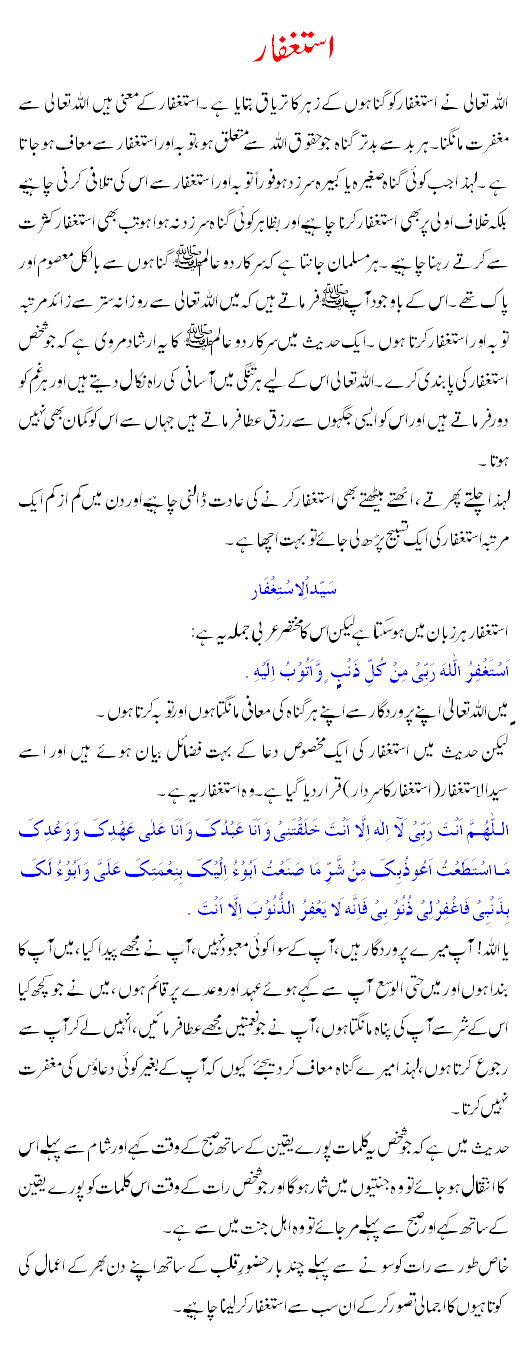Islam is a complete way of life and therefore teaches us good manners too. Cleanliness in Islam is given a lot of importance according to a famous Hadith which says, “Purification is half of faith.” (Muslim). It not only teaches us personal hygiene but also the cleanliness of our houses and neighborhoods.
Allah has indeed created man in the best form and granted him beauty, and so he wishes to see His slave in the best form as well. “Verily Allah is beautiful and loves beauty.” (Muslim).
The use of siwak or miswak holds great importance in Islam. Apart from keeping the body and limbs clean Islam teaches special cleanliness for the mouth in order to keep away from diseases and also to make one’s breath pleasant so that it doesn’t become a cause of discomfort to others. Since teeth are the doors of our mouth they should always be clean and shining as it adds beauty to a Muslim’s smile and face.
“Abu Hurairah (may Allah be pleased with him) narrated, that the Prophet (peace be upon him) said, ‘Was it not for my fear of imposing a difficulty on my Ummah I would have ordered that the miswak be used for every Salah’.” (Bukhari).
It was after listening to this saying of the Prophet (peace be upon him) that his companions made the use of miswak a part of their routine. Teeth are important components of the human body that need special care as there hides the secret of health. The minerals in this twig include potassium, sodium chloride, sodium bicarbonate, and calcium oxides. These ingredients strengthen the tooth enamel, and the bark contains an antibiotic that suppresses the growth of bacteria and the formation of plaque.
Research shows that regular use of miswak significantly reduces plaque, gingivitis, and the growth of carcinogenic bacteria.
Miswak not only cleans the teeth but also strengthens the gums. It further makes the mouth odor free and gets one close to his Lord by attaining a Muslim in the favor of Allah, the Almighty. Ibn Umar (may Allah be pleased with him) narrated that the Messenger of Allah (peace be upon him) said, “Make a regular practice of the miswak, for verily, it is healthy for the mouth and it is a Pleasure for the Creator (i.e. Allah is pleased with the Muslim who uses the Miswak).” (Bukhari)
It was the routine of our Prophet (peace be upon him) to use siwak before entering his house. He made sure to use the siwak before every salah. The Prophet (peace be upon him) used siwak when he got up for the night prayer. (Bukhari, Hudaifa)
The above mentioned Ahadith teaches us the importance of using siwak in our lives and during our acts of worship to make ourselves more presentable and likable in the sight of our Lord as well as the people around us. We must make it a habit to use siwak prior to reading Qur’an and Salah. It is a Sunnah to use it during fasting as well. The intense cleaning of our mouth keeps our mouth throat and digestive tract protected. Our Prophet (peace be upon him) has taught our Ummah a great medical formula to avoid germs.
Today, we see many young and old, men and women indulging in smoking cigarettes and sheesha thereby making their mouths full of foul smell and harming their precious teeth, gums, and lungs, leading to diseases that could even be fatal like cancer. They may think it’s fashionable although, in reality, it is a filthy habit that harms others also. If we would adopt this healthy habit of using the siwak we would not only gain worldly benefits, but also the favors of our Lord in the hereafter.
The Miswak is a great Sunnah of the Messenger of Allah (peace be upon him). May Allah guide all of us to leave our filthy habits and adopt a habit that is good for us and our religion.
– by Nawal Aqil




